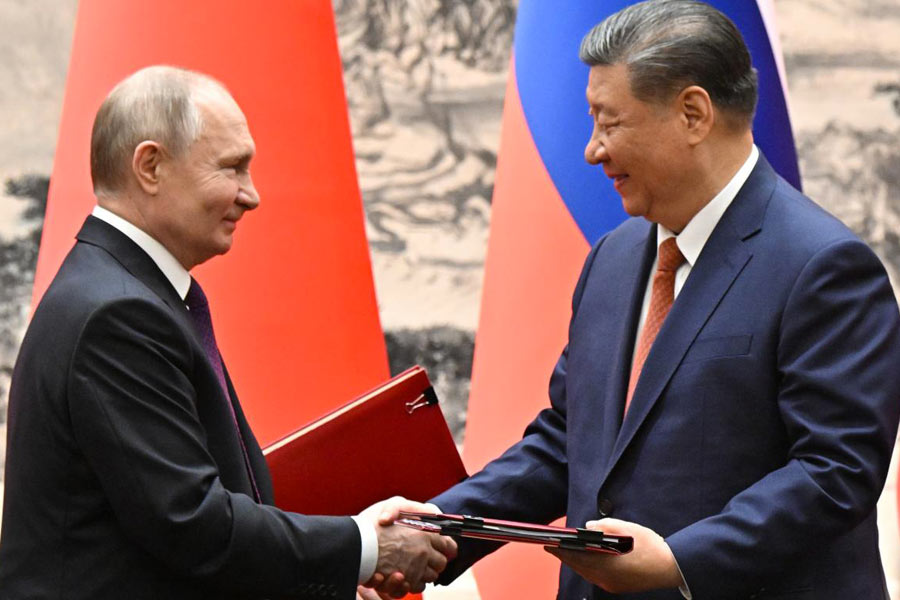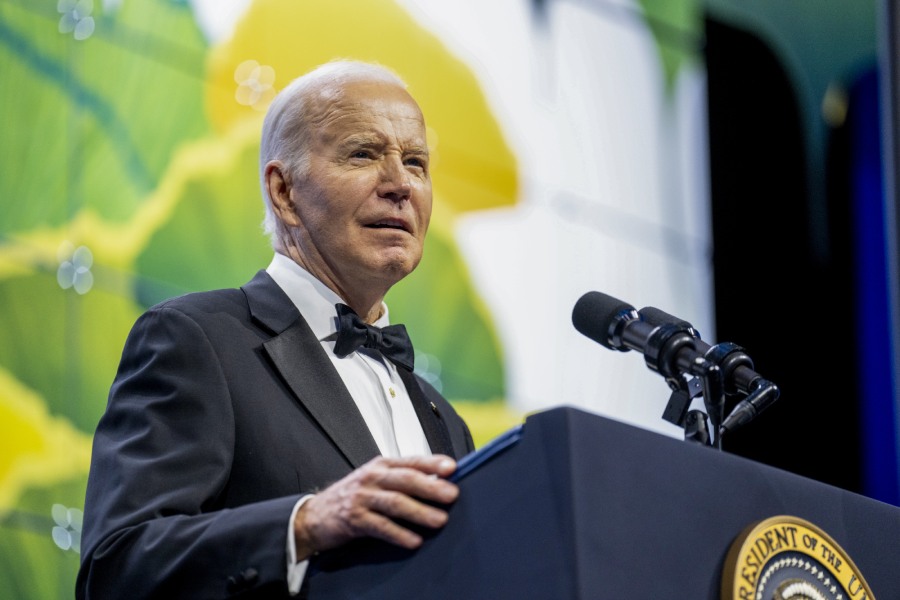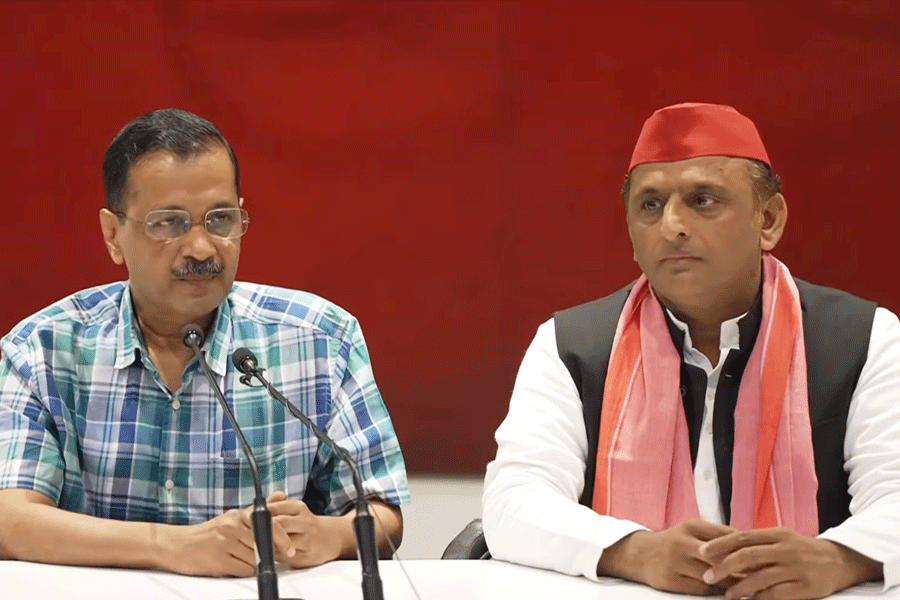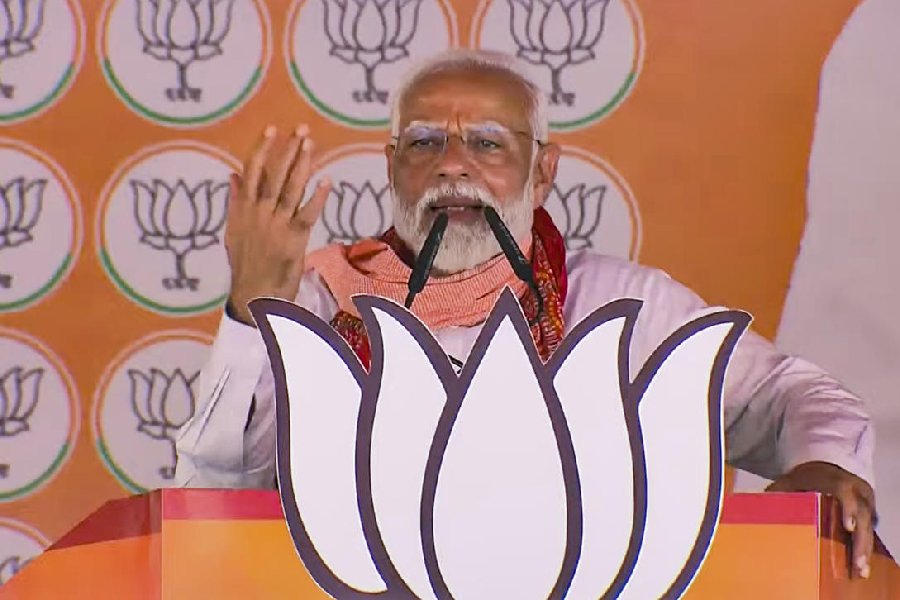 |
When the festive season arrives in India, people begin counting the days till they get their bonus payment. It is not such a big deal for employees covered by the Payment of Bonus Act. Sure, they want the money and the shopping lists are ready. But they know how much they are getting (a statutory 8.33 per cent of basic pay) and when. It’s those not entitled to bonus who get the real rewards. In the finance sector, it is not unknown for the top performers to get a year’s pay as bonus.
Bonus was supposed to be a reward. How did it get into the ranks of mundane salary components such as tiffin allowance or conveyance? You have to blame a government with a socialist mindset for that. Writes Shital Kumar Jain in The World’s Greatest Blunders : “Mrs Indira Gandhi became Prime Minister of India in 1966. Till then the concept of compulsory bonus payment to industrial employees was not there. Mrs Gandhi passed the first bonus legislation requiring industrial units to pay a compulsory minimum bonus of 4 per cent to employees with an annual income of Rs 9,000 or less.” What’s more, even units that were making losses were required to pay the bonus.
Underlying all this is an assumption that industry is out to exploit the workers. So loss-making companies are probably making profits but they are being concealed by fudged numbers.
It is not as though bonus payments are unknown in the West. And it is compulsory when your agreement with the company includes a clause for a 13th pay cheque. The bonus could also be a part of a union agreement with the management, in which case it might apply across the organisation or across several organisations. But the bonus debate in the West today is about the super-tax on huge payments to bankers and their ilk.
Just as money in small amounts doesn’t really count, money in very large amounts also loses its meaning. After all, how many exotic holidays can you go on? How many chalets in Switzerland can you buy? With the sort of job you need to have to merit the bonus, you are probably working 16 hours even on a Sunday.
HR practitioners today don’t even bother about bonus. In fact, they are moving beyond money. “It has been widely accepted that salary is a hygiene factor,” says Mumbai-based HR consultant D. Singh, drawing on Herzberg’s two-factor theory. The theory distinguishes between motivators (such as recognition and responsibility) that give positive satisfaction, and hygiene factors (such as salary and benefits) that do not give positive satisfaction, though dissatisfaction results from their absence. As industry in India matures, it is moving towards motivators.
Motivators don’t have to cost money. According to eHow, the best things in life are free. A personal note can go a long way, especially if it is put in a place (such as a Post-it on a computer screen) where others can see it too. Regular flex-time is another motivator, Permit occasional long lunches; this will allow your employees to finish their personal work that needs to be done during business hours. eHow’s other recommendations are: Get out of the office (a picnic, a movie) and reward ideas and innovations that your employees may come up with.
HRWorld has done one better. It has a list of “25 Ways to Reward Employees (Without Spending a Dime).” These range from Reward effort, not just success, and Remember the secret words — Thank you.
A recent survey in the US by Globoforce, a provider of employee recognition solutions, says 53 per cent of the people polled are dissatisfied with the level of recognition they receive. Half the sample would even take up a job with lower pay if they received more recognition for their efforts in the new assignment. Offer them a bonus for staying on and you will find that a joining bonus counts more than a performance bonus. One is pay (a dissatisfier). The other — because you haven’t worked even a minute for the new company — is recognition of your talents.
A PAT ON THE BACK
What, leaving aside cash, motivates employees? (%)
Frequent recognition of accomplishments 35
Regular communication with staff 20
Giving employees increased responsibility 17
Offsite team building and social events 10
More time off/holidays/ paid time off 1
Flexible work schedule/ flextime 0
Something else 5
None/nothing else (but cash) motivates 1
Don’t know 1










